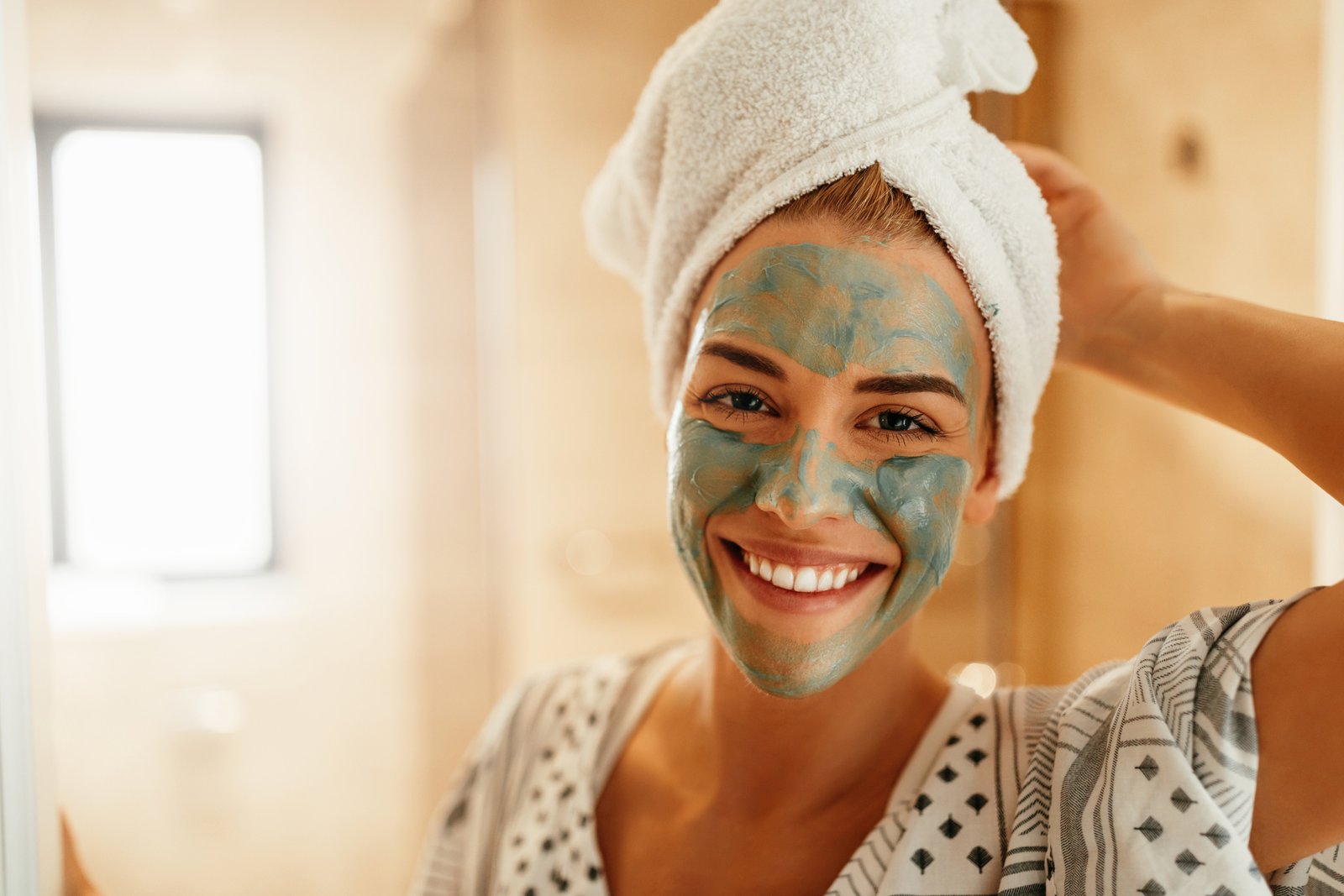Acne on the face and body is a common problem for all people, usually involved in adolescence and adolescence. Of course, this problem is not limited to this age range and can occur at any age. Hormonal changes in adolescence usually cause acne, but sometimes it can signify a disease.
According to research, each type of acne lesion needs a different treatment. Prompt and appropriate treatment of this acne can reduce the risk of long-term skin complications such as dark spots and pimples. Acne lesions fall into two categories: inflammatory and non-inflammatory, depending on whether or not they cause inflammation of the skin around the acne. Today here, we will discuss non-inflammatory acne.
What is Non-Inflammatory Acne?
Instead of inflamed pimples and blemishes, which are Vulgaris Acne (the most common form of acne); non-inflammatory acne causes bumps on the skin, blackheads, and whiteheads without inflammation. Common acne occurs when the hair follicle is blocked by sebum, and dead skin cells and other factors involved in inflammation.
Types of non-inflammatory Acne
There are two types of non-inflammatory acne. These pimples are one of the mildest types of acne. Non-inflammatory acne like whiteheads and blackheads usually does not cause skin inflammation and is not painful.
Whitehead
As the name implies, whiteheads are white with small bumps on the face’s surface. Usually, whiteheads are often found on our forehead or forehead.
Whiteheads can grow because of excess oil and dead skin cells that accumulate to clog the pores. Don’t squeeze a whitehead because it will only cause new whiteheads and acne scars when you find a whitehead. Just do a special acne treatment to treat or get rid of annoying whiteheads.
Blackheads
Blackheads that are open-headed are small, black, or dark spots that appear as protruding bumps. Blackheads are a condition in which the skin pores are clogged with sebum and dead skin cells, but the pores are open so that the blockage is exposed to air and oxidized to look black.
This type of pimple is usually seen as small black dots on the skin. The pimples of this pimple are open on the skin’s surface, it is not painful, and around it, the skin is usually normal in color and condition. The black color of these pimples is caused by the clogging of the hair follicles. Blackheads can be removed by pressing. But it will not be good for your skin. Because by pressing it will leave the scar on your skin.
Treatment Options
Non-inflammatory acne lesions can be treated by many over-the-counter moisturizers, cleansing gels, gels, toners, and creams. These drugs often contain a combination of active ingredients. Substances such as benzoyl peroxide, salicylic acid, sulfur, and resorcinol in these over-the-counter medications can help eliminate whiteheads and blackheads.
Also, many home remedies and lifestyle changes can help further reduce mild and non-inflammatory acne types. The following are some of the methods that can help treat this type of acne:
- With lukewarm water and soap wash your face twice a day
- Wash the whole body once every two days
- Reducing stress
- Follow a healthy and balanced diet.
- Drink enough water
- Avoid over-washing or irritating the skin.
- Limit the time of sun exposure
- When you go outside of your home, always use sunscreen.
People with acne should not leave their acne under any circumstances, as doing so can lead to complications such as nodules, cysts, scars and pimples, dark spots, and pimples on the skin.
Points to remember
The important thing in treating acne is to be patient. While some treatments may work immediately, sometimes, you may not have extensive recovery for several months. You should also be careful about using many acne products simultaneously as it can dry out the skin, and the pores of the skin can produce more sebum and then lead to Problems becoming acne.
You also need to confirm whether the pimples or swelling are the results of acne. Several skin conditions cause symptoms similar to acne, although quite different.
To get an accurate and complete diagnosis of your acne, it will be good to see a dermatologist. In some cases, specialized treatment may be the only way to clear and control acne completely.

